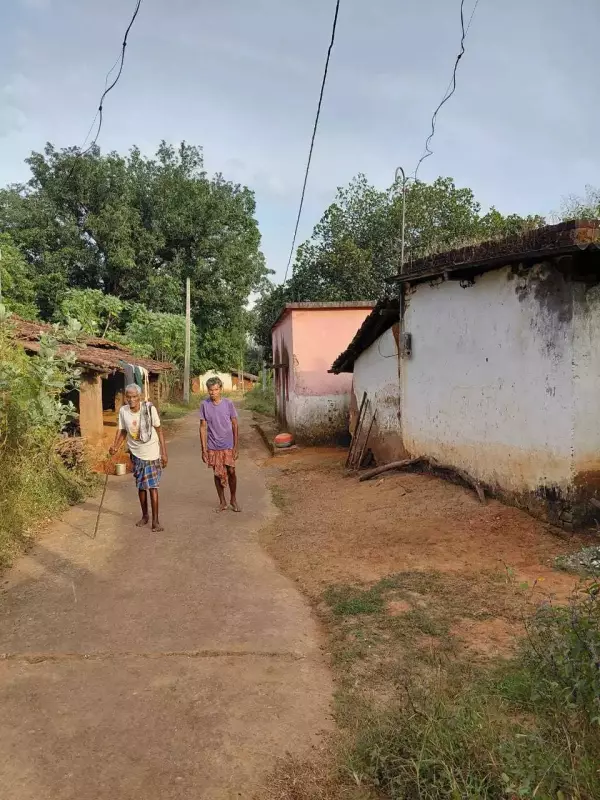
In an era where police stations are overwhelmed with cases, a remarkable tribal village in Odisha's Kandhamal district stands as a shining example of peaceful coexistence. For over seven decades, the residents of Siripai village have resolved all their disputes internally, without ever approaching law enforcement authorities.
The Secret Behind Seven Decades of Harmony
Siripai village, home to 52 families primarily from the Kondh tribal community, has developed an intricate system of self-governance that has stood the test of time. The village operates on principles of mutual respect, community dialogue, and traditional conflict resolution methods that have proven more effective than formal legal systems.
How Traditional Justice System Works
The village's success stems from its well-established traditional governance structure:
- Community Council: Disputes are addressed by a council of village elders who mediate between parties
- Collective Decision Making: Important matters are decided through community consensus
- Restorative Justice: Focus on reconciliation rather than punishment
- Cultural Values: Strong emphasis on mutual respect and community welfare
What Makes This Tribal Community Unique
Unlike many modern societies grappling with rising crime rates, Siripai village demonstrates that alternative systems of justice can be remarkably effective. The community has maintained perfect harmony while dealing with various types of disputes through their traditional methods.
"We believe in solving our problems within the community through dialogue and mutual understanding," explains a village elder. "This approach has kept our community united and peaceful for generations."
Lessons for Modern Society
The remarkable story of Siripai offers valuable insights for contemporary governance systems:
- Community-led dispute resolution can be more effective than formal legal processes
- Traditional wisdom and cultural values play crucial roles in maintaining social harmony
- Local self-governance models can successfully address community issues
- Preventive approaches to conflict can reduce the burden on formal justice systems
This extraordinary example from rural Odisha challenges conventional notions about crime prevention and community management, offering a blueprint for sustainable social harmony that modern urban centers could learn from.





